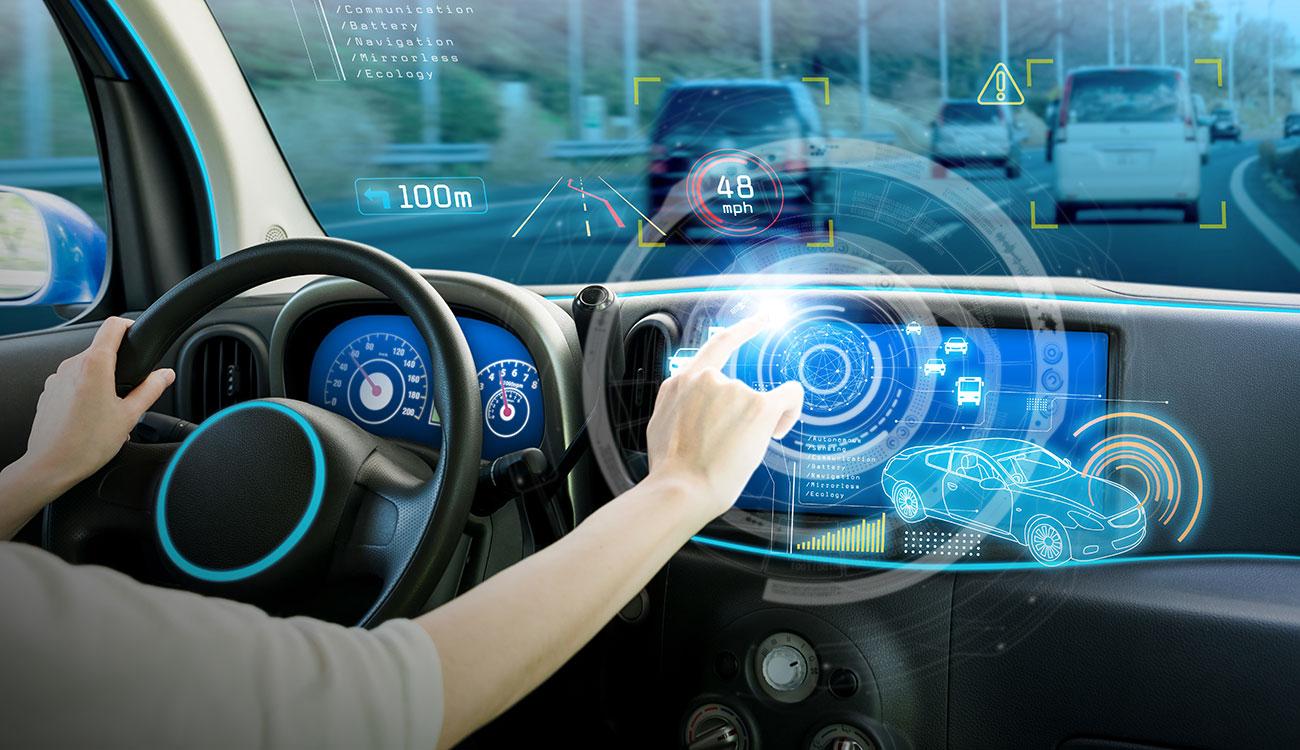The automotive industry has also undergone numerous technological changes with the digital wave that has affected other industries too. In the digital era, the automotive industry has also come a long way from fossil fuel-driven to hybrid and fully electric systems vehicles. Besides the power-type advancements, car manufacturers have also improved in other areas. Nowadays, there are connected and self-driven cars, that have an unheard-of level of autonomy which makes software testing crucial for these automotive businesses.
The Advent of Connected Vehicles
Connected vehicles have been in the market for a while now, however, self-driven cars are the latest and emerging technology. Connected vehicles come with devices that enable them to connect with the external environment. It also includes sharing and obtaining information via broadband, Wi-Fi or satellite technology within all the internet of things (IoT) networks. Thus, due to the more complex environment, connected cars require in-depth quality assurance at the software level. Thus, only a reputable IoT software testing company can help in verifying and keeping up with the suggested functionality levels.
Data Sharing in Connected Vehicles
Software testing experts use numerous testing methods to ensure the software quality of these IoT powered vehicles. Data sharing is critical as it is the backbone of connected car technology. Let’s have a look at how data is transmitted to and between connected cars:
Vehicle to Infrastructure - It notifies the driver about the surroundings. (traffic congestion, accidents, nearest parking area, and under-construction sites)
Vehicle to Vehicle - It is used by a vehicle to share its location to eliminate accidents
Vehicle to Cloud - Allows communication where internal sensors monitor car conditions and send the data into a cloud system for evaluation, similar to the predictive maintenance techniques.
Vehicle to Pedestrian - It is used by a car to detect and notify other users about people on the road. This technology can also inform other vehicles about all possible dangers
Vehicle to Everything - It is used to exchange data between a car and other road objects like road signs, traffic lights, etc.
Since these systems are complex and require accuracy, different testing methods need to be applied to ensure the car and user’s safety and system reliability. These systems require early bug detection to prevent any damages under severe consequences. QA experts use various testing types including:
Performance Testing - It is carried out to verify software endurance under extreme workloads
Interoperability Testing - Testers conduct testing to check the compatibility of various communication protocols
Regression Testing - It is conducted to identify and manage defects and bugs when code changes are made
Security Testing - It is important to analyze malware attack risks and test the app for other cybersecurity vulnerabilities
Conclusion
So, we can conclude that IoT testing experts should carry in-depth software testing for all connected cars and devices used within these vehicles. It protects vehicles against any accidents, traffic situations, etc. It is speculated that the ratio of connected cars may increase in the coming years, calling for more in-depth software testing solutions.












No Comments